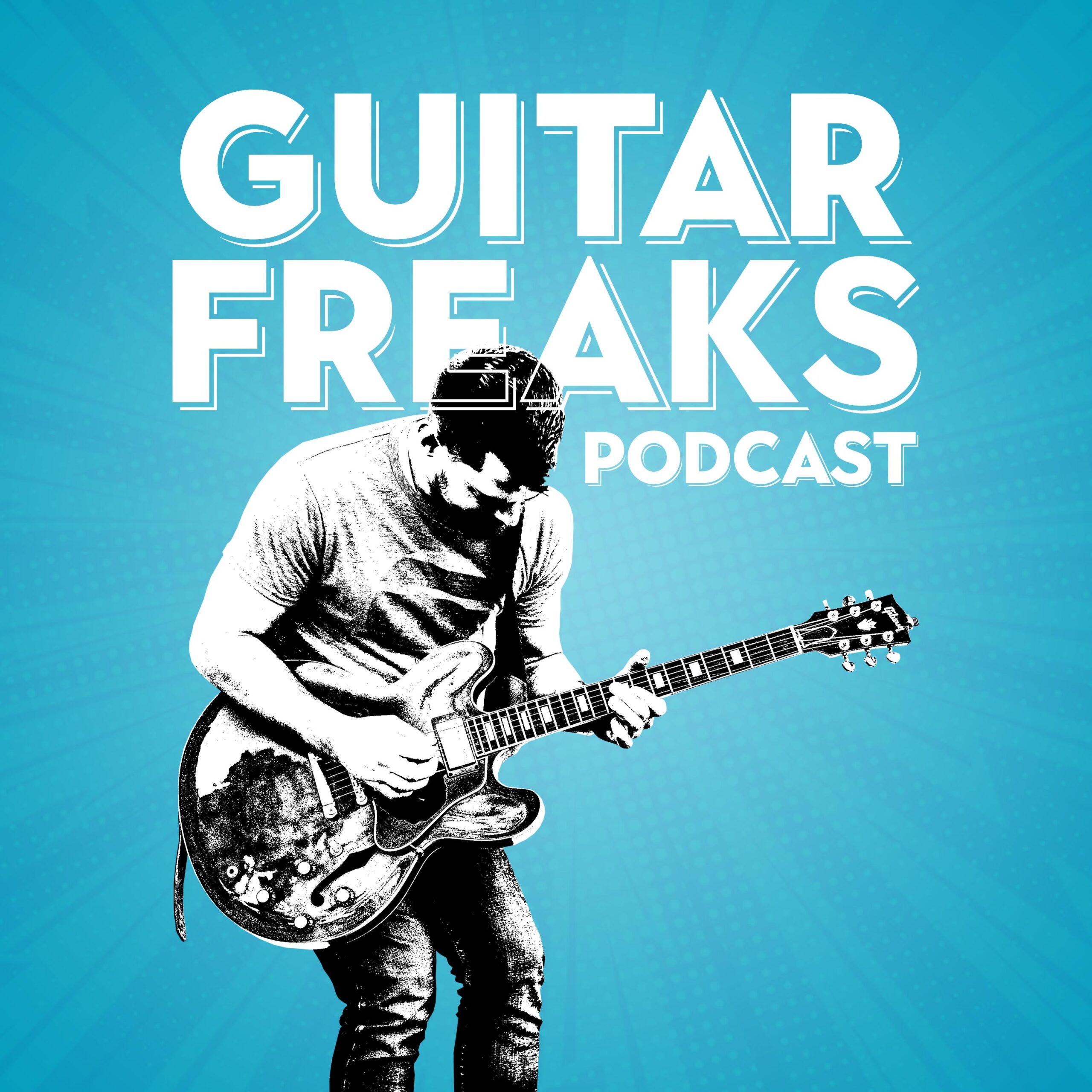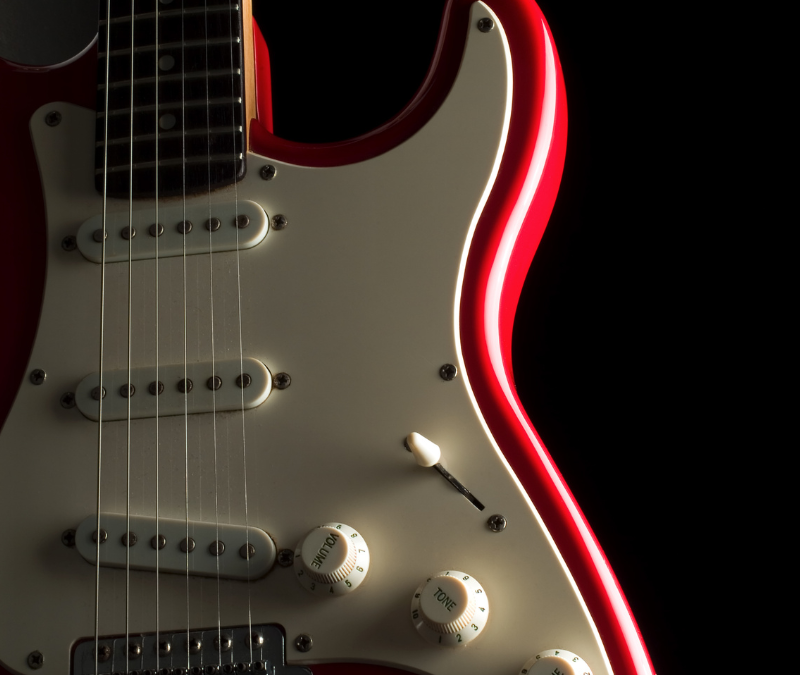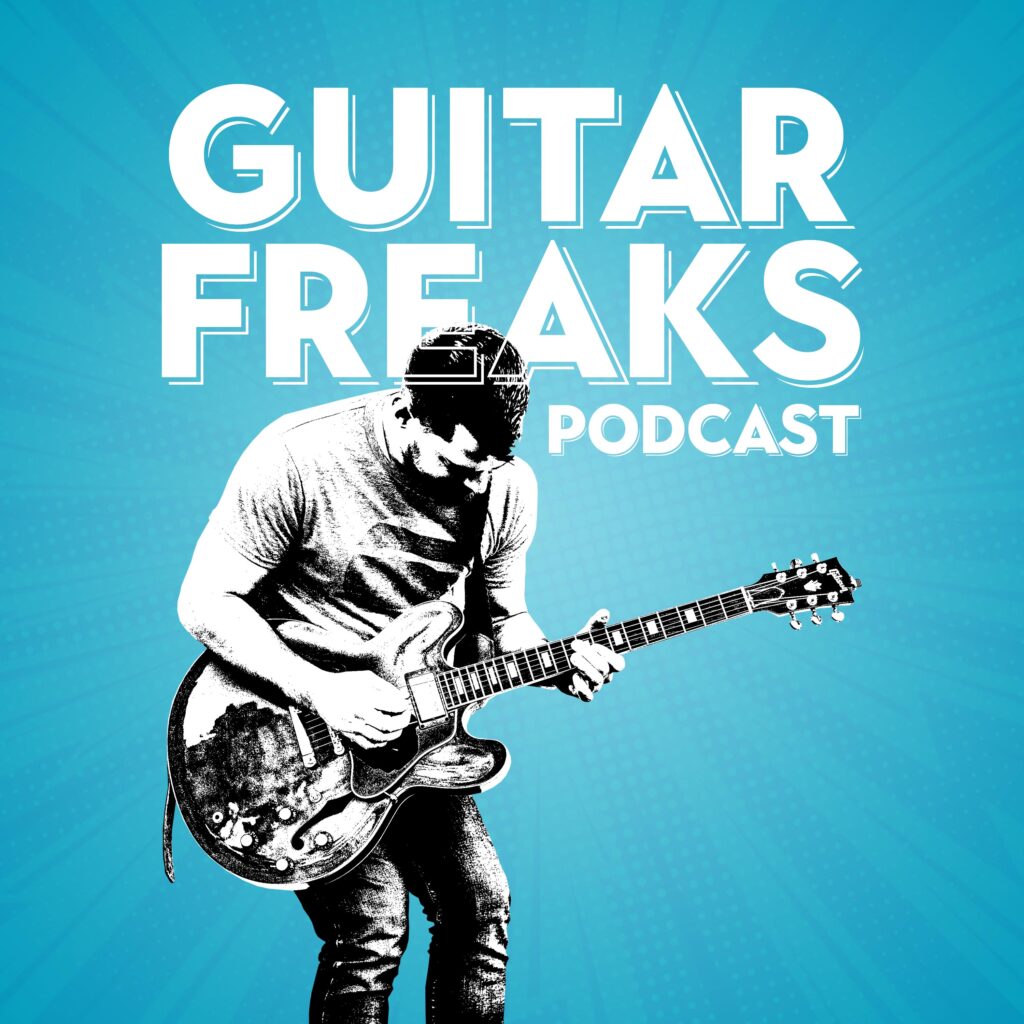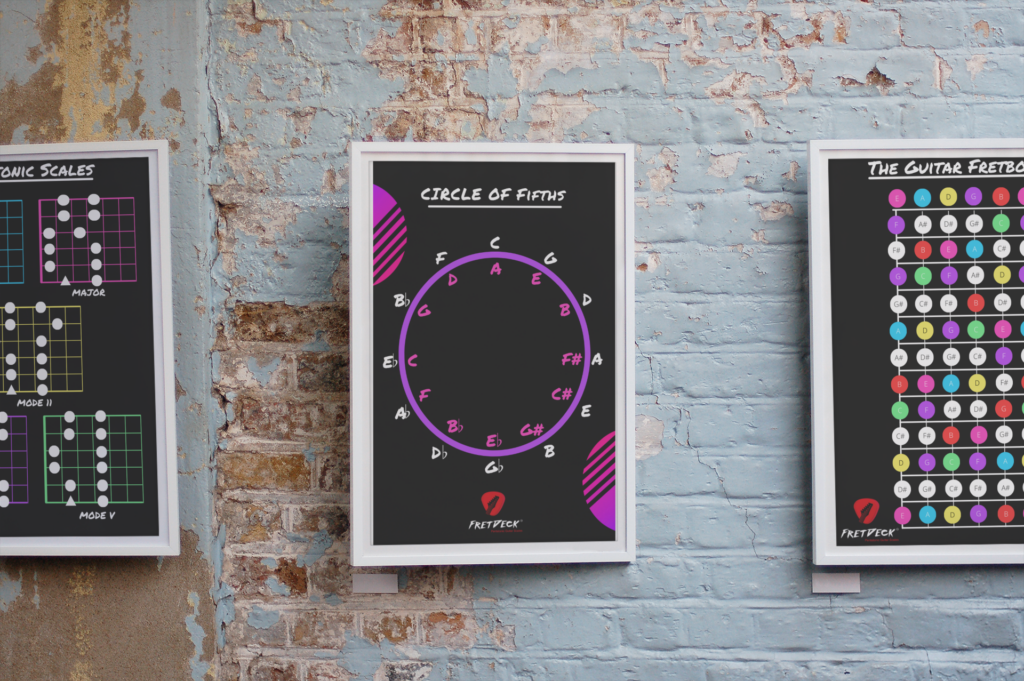If you’ve just started learning guitar—or picked it back up after a long break—you’ve probably grabbed a guitar book of scales hoping it would unlock the fretboard for you.
But here’s the kicker:
Most scale books overwhelm you with options but give you no real path.
What you need is focus. A few essential scales. A system to actually use them. And a method to make music—not just memorize patterns.
That’s where this guide (and our FretDeck system) comes in.
🎯 Why You Need a Guitar Book of Scales (But Not Just Any One)
The right guitar book of scales will do more than show you diagrams—it will help you:
✔ Build lasting muscle memory
✔ Understand melody, harmony, and soloing
✔ Navigate the fretboard without getting lost
But most books? They’re just reference manuals.
You need a strategy. You need structure. You need something like FretDeck.

❌ Stop Guessing. Start Shredding.
If you’re still fumbling through scale patterns and box shapes… it’s costing you progress.
FretDeck™ is the no-fluff system that shows you exactly how to master the fretboard—fast. Early access.
⚡️ This isn’t for dabblers. It’s for players who want results.
👉 Click here to join the pre-launch now
Early access. Limited rewards. Don’t wait.
1️⃣ The Minor Pentatonic Scale – Your Soloing Launchpad
No scale shows up in more iconic solos.
The minor pentatonic is simple, versatile, and instantly musical.
Why it’s essential:
- Only 5 notes
- Easy to move up and down the neck
- Sounds great in blues, rock, funk, and soul
A Minor Pentatonic (5th position):
e|-----------------------------5--8--|
B|------------------------5--8-------|
G|------------------5--7-------------|
D|-------------5--7------------------|
A|-------5--7------------------------|
E|--5--8-----------------------------|
Use it with backing tracks. Add bends, slides, and phrasing.
It should be the first scale in any good guitar book of scales.
2️⃣ The Major Scale – The Backbone of Music Theory
Every melody. Every chord. Every key change—it all comes from this.
Why it’s essential:
- Teaches you key signatures
- Builds your theory fluency
- Supports better songwriting and improvisation
C Major (Open Position):
e|-------------------------------0--1--3--|
B|-------------------------0--1--3--------|
G|-------------------0--2-----------------|
D|-------------0--2-----------------------|
A|-------0--2--3--------------------------|
E|--0--1----------------------------------|
Play slowly. Sing the notes. Learn how chords come from this pattern.
If your guitar book of scales doesn’t walk you through this one step-by-step, it’s time to upgrade your resource.
3️⃣ The Blues Scale – Pure Feel in Every Note
Take the minor pentatonic and add one spicy note: the ♭5.
Now you’ve got the blues scale—a scale with soul.
Why it’s essential:
- Great for expressive phrasing
- Adds tension and groove
- Works across genres
E Blues Scale (Open Position):
e|-------------------------------0--3--|
B|-------------------------0--3--------|
G|-------------------0--2--------------|
D|-------------0--2--------------------|
A|-------0--1--2-----------------------|
E|--0--3-------------------------------|
Target the blue note. Play slow. Make each phrase count.
This should never be an afterthought—it deserves its own section in any guitar book of scales worth owning.
✅ Want to Learn These Faster? Back FretDeck on Kickstarter
We took everything we wish we had in a guitar book of scales—and made it visual, modular, and instantly useful.
🔥 FretDeck: Pentatonic Guitar Scales is live on Kickstarter.
Get 60 pentatonic scale patterns in every key.
Learn 6 jam-tested chord progressions.
Master 6 pro improvisation prompts.
Practice smarter with our exclusive scale cards.
🎁 Bonus: Backers get the full Pentatonic Secrets Video Course—only during this campaign!
👉 Back the FretDeck Kickstarter here

❌ Stop Guessing. Start Shredding.
If you’re still fumbling through scale patterns and box shapes… it’s costing you progress.
FretDeck™ is the no-fluff system that shows you exactly how to master the fretboard—fast. Early access.
⚡️ This isn’t for dabblers. It’s for players who want results.
👉 Click here to join the pre-launch now
Early access. Limited rewards. Don’t wait.
🎯 Practice Tips from the Pros
Here’s how to actually use your guitar book of scales:
- Focus on one scale per week
- Use a metronome and jam tracks
- Play musically—not mechanically
- Record and reflect on your progress
💬 Want Feedback? Join the Guitar Freaks Discord
Don’t go it alone. Join a community of guitar players pushing their limits.
🎸 Weekly challenges
🎸 Video critiques
🎸 Gear, tone, and technique tips
👉 Join the Guitar Freaks Hangout
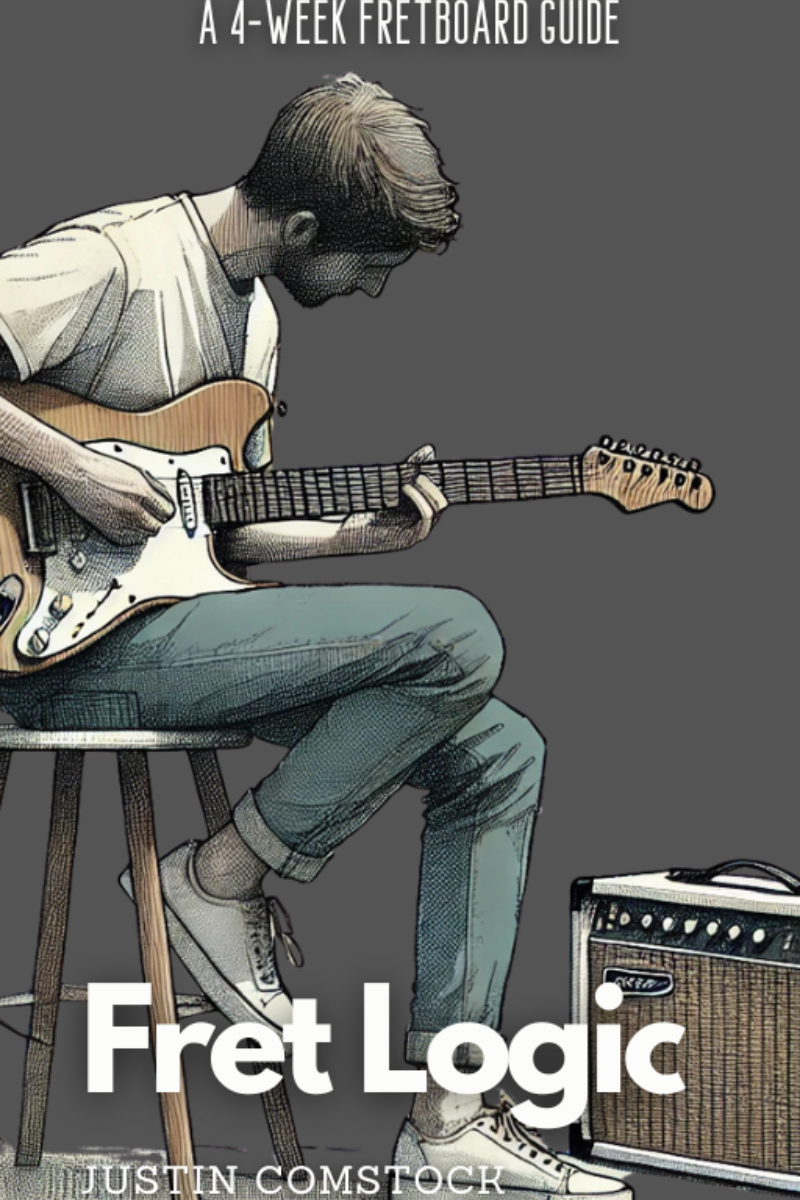
Join Guitar Freaks Hangout on Discord! 🎸
Get Fret Logic FREE!
Join the Guitar Freaks Hangout Discord and get exclusive access to my entire e-book, Fret Logic! Master the fretboard and elevate your solos with this comprehensive guide.
👉 Don’t miss out—join now and download your free copy!
Final Thoughts: Choose the Right Guitar Book of Scales—Then Use It with Purpose
Forget memorizing 100 random patterns.
Learn these 3 scales. Practice with intention. Use tools that actually help you grow.
✅ Minor Pentatonic for soloing
✅ Major Scale for theory
✅ Blues Scale for feel
Then plug into a system like FretDeck, and start playing like you mean it.
👉 Click here to back FretDeck on Kickstarter now
🎁 Limited-time bonuses. Built for guitarists like you.
🎯 Want to understand how to “map” scales across the fretboard visually? Read our post on Guitar Chart Scales: The Secret Tool Serious Players Use to Master the Fretboard for clear insights and practical exercises
